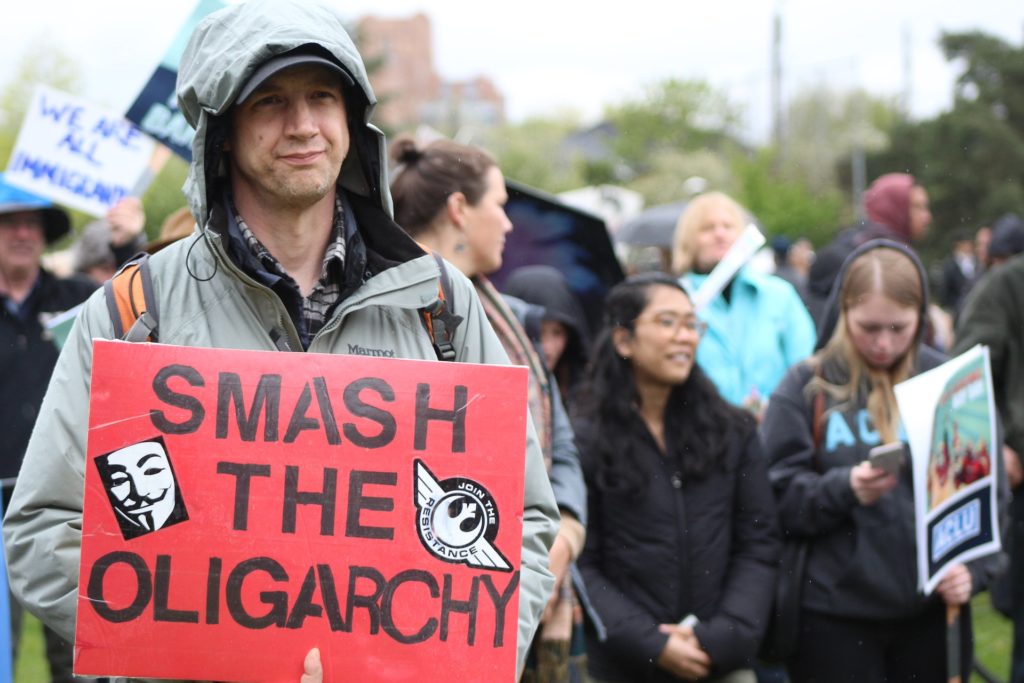Today is the National Day of Action, and the media noise around the Occupy Wall Street movement is louder than it’s been since the start. The mood around here is mostly business as usual, flavored with a little anxiety and mild distraction.
But, is OWS a PR success? Many have criticized its lack of coherent message, and the absence of specific demands or conventional leadership. Others point to the bad apples, like the guy who threatened violence. Regular working people resent the movement’s threats to tie up subway stops. CNN’s Erin Burnett famously wondered if it’s just a bunch of slackers with time on their hands. Even Jon Stewart mostly mocks it.
But despite not playing by the PR rulebook. I’d call OWS a PR home run. Here’s how I think it has succeeded.
It’s on-message. Sure, the demands aren’t specific (or even practical in some cases), but the overall message is clear and consistent. “We are the 99%” says it. It’s about inequality, the decline of the middle class, and the loss of dreams and privileges once considered basic for most Americans.
It’s focused on the human story. The mom pleading for a judge’s leniency in the face of foreclosure. The unemployed students with advanced degrees and six-figure loans to pay. The retired Philadelphia police captain who offered himself to be arrested while chiding the NYPD. These are just a few of the “real-people” narratives that OWS has brought to life.
It defines its opponents. New York Mayor Michael Bloomberg just may have played into the movement’s hands when he ordered the evacuation of Zuccotti Park, – in the middle of the night, presumably to avoid major media coverage.
It has attracted allies and advocates. A real turning point for the OWS movement was the endorsement of organized labor. This is big. And so are the lesser-known stakeholders, like the City Council member arrested at the protest, and the journalists claiming police interference with newsgathering.
It has entered the public bloodstream. OWS hasn’t articulated a roadmap to prosperity, endorsed a political candidate, or drafted a platform. But they’ve changed the conversation. That’s where I think the OWS participants have succeeded beyond the media and punditsphere’s expectations, and maybe even beyond their own.

